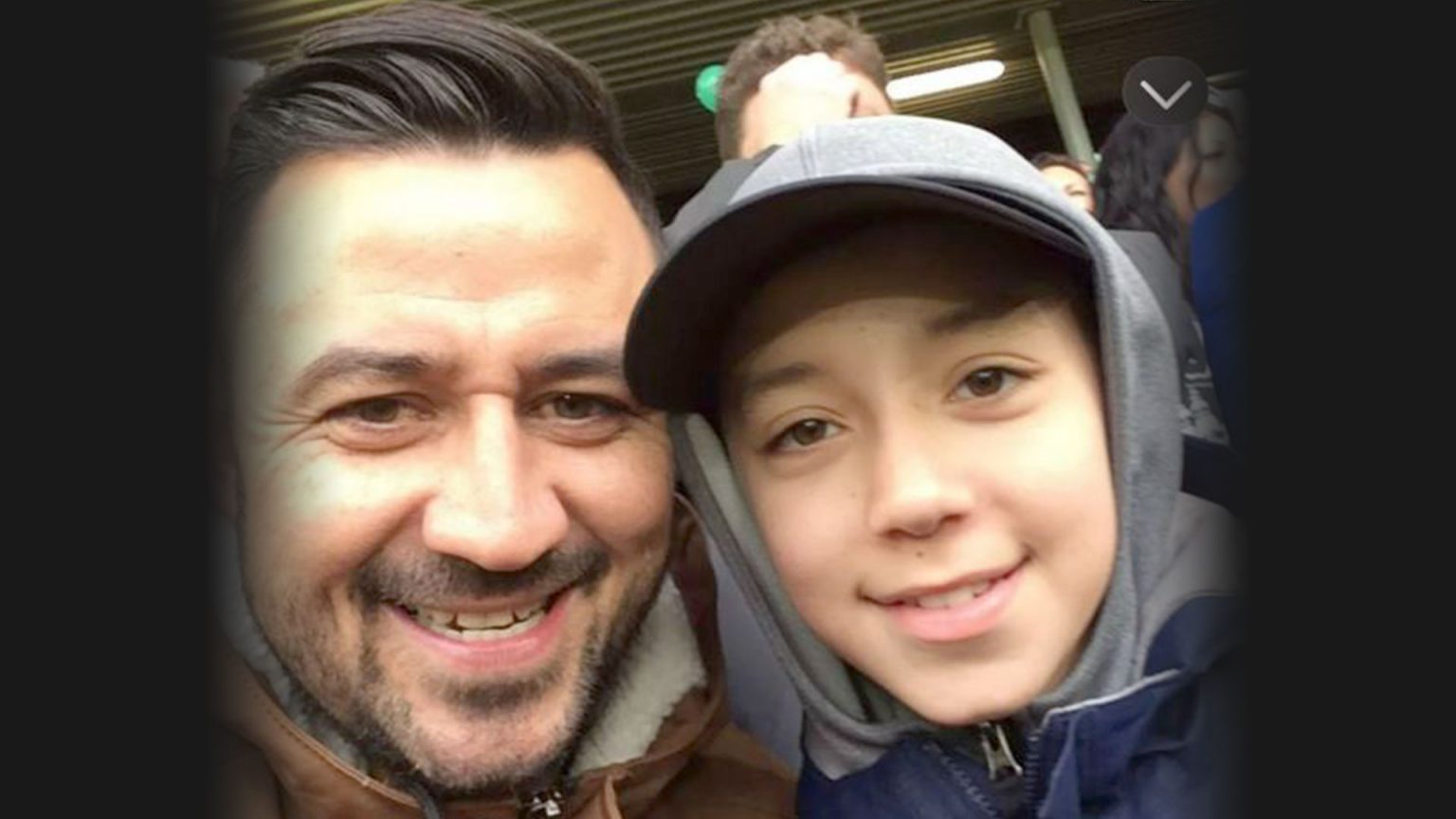Sir Jim Ratcliffe’s tenure as the minority owner of Manchester United, beginning on Christmas Eve 2023, has been a whirlwind of dramatic changes, cost-cutting measures, and controversial decisions. His initial actions projected an image of modernization and investment, with a £245 million pledge towards Old Trafford’s renovation and the appointments of key personnel like Omar Berrada as CEO and Sir Dave Brailsford in an advisory role. However, the following months revealed a different approach, characterized by stringent austerity measures and a focus on operational efficiency, often at the expense of employee morale and established club traditions. This period saw a significant restructuring of the club’s management, including the departures of Richard Arnold, John Murtough, and several other long-term staff members.
The early months of 2024 witnessed a clash between Ratcliffe’s business-oriented approach and the established culture of Manchester United. His imposition of unusual bans on specific words and his criticism of Carrington’s cleanliness created a sense of unease among employees. Furthermore, cost-cutting measures, such as the cancellation of staff credit cards, private cars, and pre-match perks, coupled with redundancy offers and reduced FA Cup final travel arrangements, contributed to a decline in staff morale. Despite these internal upheavals, work commenced on the leaking Old Trafford roof, signifying a tangible step towards the stadium’s promised renovation. However, on the pitch, the team struggled, culminating in their worst-ever Premier League finish in eighth place.
Despite the disappointing league performance, Manchester United secured a surprise FA Cup victory against rivals Manchester City, offering a brief respite from the prevailing negativity. Ratcliffe’s subsequent announcement of a £50 million upgrade to the Carrington training ground and a “back to work” policy for staff indicated a continued commitment to improving the club’s infrastructure and operational efficiency. However, his comments about the women’s team and the implementation of stricter office attendance rules further fueled discontent among staff and fans.
The summer of 2024 brought a significant overhaul of the coaching staff, with Erik ten Hag surprisingly signing a contract extension, followed by a reshuffle of assistant managers and the appointment of Dan Ashworth as sporting director. A substantial £199 million was spent on new players, signaling ambition in the transfer market. Yet, this investment was overshadowed by continued cost-cutting measures, including cuts to matchday staff amenities and the controversial termination of Sir Alex Ferguson’s ambassadorial salary. These actions, coupled with the cancellation of the staff Christmas party and the ongoing costs associated with converting hospitality suites into temporary offices, painted a picture of financial prudence bordering on parsimony.
The autumn of 2024 proved to be a turning point in Ratcliffe’s reign. Despite significant summer investment, the team’s performance remained lackluster, leading to Erik ten Hag’s dismissal in October, a decision that cost the club £15 million. Ruben Amorim was swiftly appointed as his replacement, but the managerial change failed to stabilize the situation. Internal disagreements over transfer strategy and the handling of Ten Hag’s departure further destabilized the club. Moreover, fan discontent grew as ticket prices increased and concessions were removed, compounding the sense of unease surrounding Ratcliffe’s leadership.
By December 2024, Ratcliffe’s vision for Manchester United appeared to be unraveling. The club was mired in mid-table mediocrity, fan protests were mounting, and internal conflicts persisted. The dismissal of Dan Ashworth after just five months and the reduction of staff Christmas bonuses to £40 M&S vouchers further eroded morale. The deteriorating state of Old Trafford, evidenced by leaking ceilings, a mice infestation, and a downgraded food hygiene rating, symbolized the club’s overall decline. Furthermore, Ratcliffe’s decision to cut funding to the Association of Former Manchester United Players charity underscored his seemingly unwavering commitment to cost reduction, even at the expense of the club’s heritage and its relationship with former players. The overall picture was one of a club in turmoil, grappling with the consequences of a leadership approach prioritizing financial austerity over the established values and traditions that had defined Manchester United for decades.




